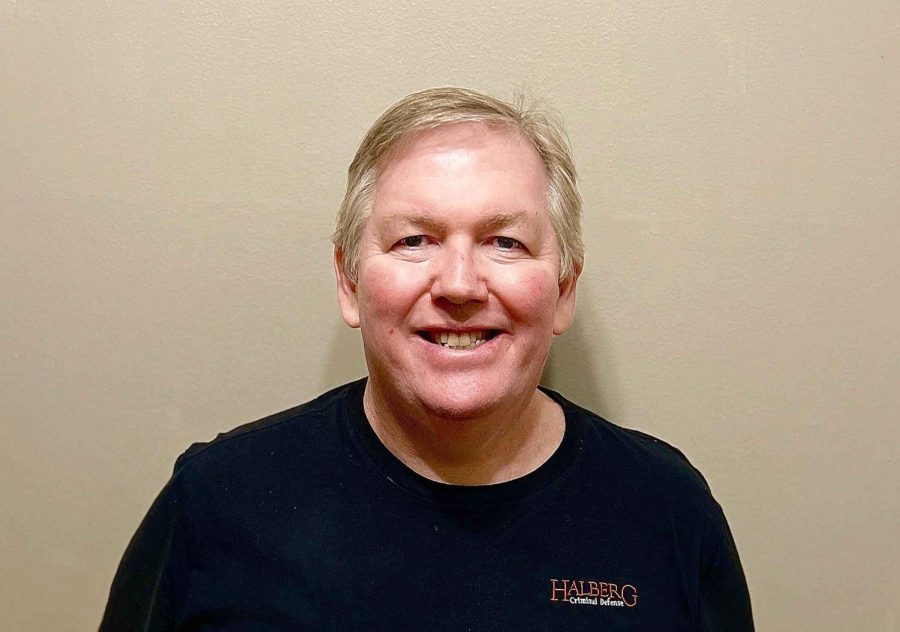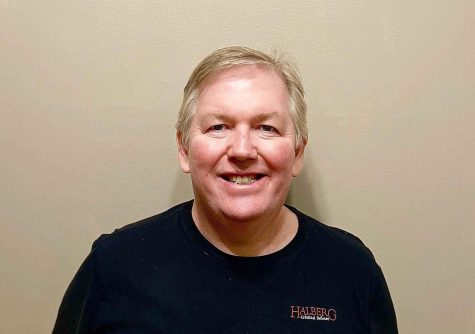COLUMN: As a man, why should I care about Women’s History Month?
Trent Jonas is a graduate student studying English and can be reached at 217-581-2812.
March 6, 2023
As a white, middle-aged man, I understand that I have not experienced the same systemic oppression and discrimination that women have faced throughout history. Nor do I think that acknowledging as much should be relegated to a single month in the calendar.
However, I still believe that Women’s History Month presents an important opportunity for everyone, including me, to learn about and acknowledge the contributions and struggles of women. Women’s History Month affords the chance to gain a deeper understanding of the experiences of women and the role they have played in shaping our world.
It is a chance to learn about the remarkable accomplishments of women throughout history, many of which have been overlooked or downplayed in traditional historical narratives. By listening to the stories of women who have made significant contributions to society, we men can gain a greater appreciation for the progress that has been made and the ongoing struggles that women still face.
Women’s History Month serves as a reminder that gender inequality is not just a women’s issue, but a societal issue that affects everyone. As a man, I have a responsibility to be aware of the ways in which gender inequality manifests in our society and to work toward creating a more equitable world.
By empathizing with, or at the very least, educating myself about, the experiences of women and understanding the ways in which gender inequality affects their lives, I can become a better ally and advocate for gender equality.
Women’s History Month is a further opportunity to celebrate the women in my life who have made a significant impact on me. From my mother and grandmother to my daughter and her mother, and many, many friends and colleagues, women have played a vital role in shaping who I am today.
Taking the time to reflect on their accomplishments and the sacrifices they have made, is one small way I can express my gratitude and appreciation for their contributions. It is also important to recognize that Women’s History Month is not just about celebrating the achievements of individual women, but also about acknowledging the collective struggles and triumphs of women as a group.
Throughout history, women have fought for their rights and for a more equal society. From the suffrage movement to the ongoing battles for reproductive rights and equal pay, women have been at the forefront of many social and political struggles.
By highlighting these movements and the women who led them, this month offers us the opportunity for greater understanding of the ongoing fight for gender equality—as well as the great amount of work that still needs to be done.
Finally, Women’s History Month is a time to recognize that gender inequality affects all women differently, with women of color, transgender women, and women with disabilities facing unique challenges and discrimination.
As a white, middle-aged man, it is important for me to acknowledge my privilege and to recognize that the experiences of women who are different from me are just as valid and important. By learning about and amplifying the voices of women from diverse backgrounds, I can do my part in creating a more inclusive and equitable society for all women.
Trent Jonas is an English graduate student. He can be reached at tcjonas@eiu.edu or 217-581-2812.


















![[Thumbnail Edition] Senior Foward Macy McGlone, getsw the ball and gets the point during the first half of the game aginst Western Illinois University,, Eastern Illinois University Lost to Western Illinois University Thursday March 6 20205, 78-75 EIU lost making it the end of their season](https://www.dailyeasternnews.com/wp-content/uploads/2025/03/WBB_OVC_03_O-1-e1743361637111-1200x614.jpg)

















































